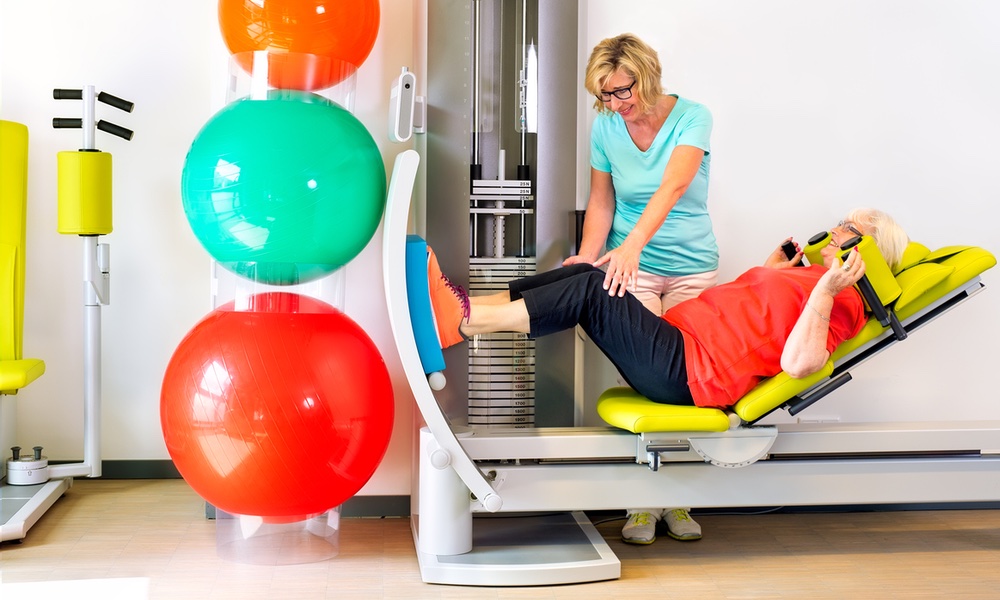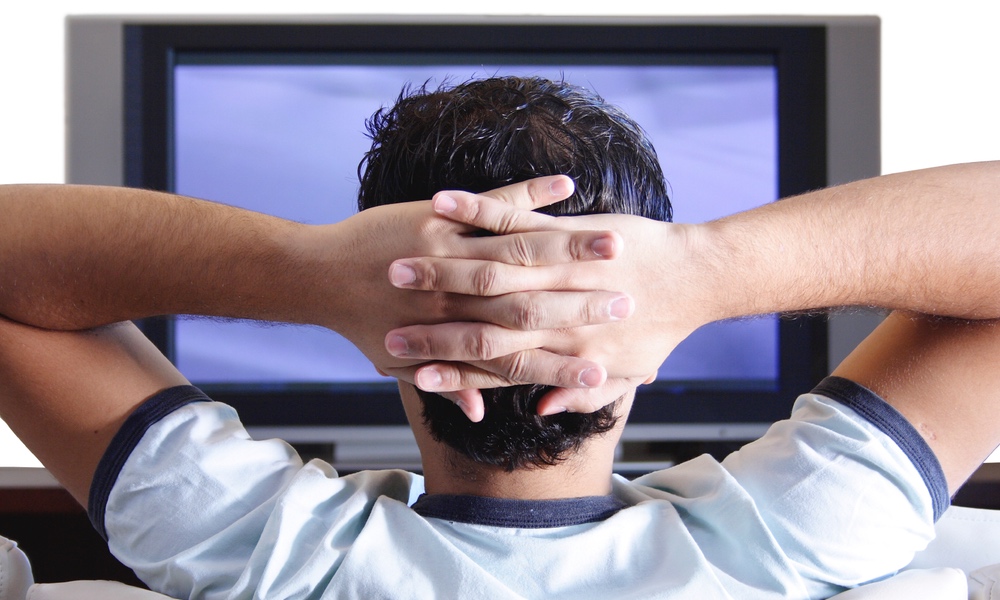Many use their phone or alarm clock's snooze button to get a little extra sleep or when they're just not ready to get out of bed, but don't want to risk falling back asleep. To better understand the potential health effects of using the snooze alarm, a team led by researchers at Stockholm University in Sweden conducted two studies to learn more about what factors predicted frequent snooze button use and how hitting the snooze button impacts the rest of the day.
In the first study, more than 1,700 participants responded to survey questions about their use of an alarm to wake up. The 69 percent of respondents (1,195 people) who reported they used the snooze button at least sometimes were then asked more questions about their snoozing habits.
The nearly three-quarters of those who hit “Snooze” reported that they snoozed on workdays, and 60 percent of snoozers also said they sometimes or most often fell asleep between alarms. Snoozers dozed an average of 22 minutes per morning. The average time between alarms was eight minutes.Most adults should aim to get about seven to nine hours of sleep per night, according to the American Academy of Sleep Medicine.
Habitual snooze button users did the same on tests of cognitive functioning whether they snoozed or not. “The findings suggest there is no reason to stop snoozing in the morning if you enjoy it,” said Tina Sundelin, corresponding author on the study and a researcher at Stockholm University.
In the second study, 31 participants who said they snoozed two or more times per week and always or almost always fell back asleep between alarms spent three nights in the sleep laboratory. Their performance on cognitive tests was similar whether they snoozed 30 minutes before waking up and taking the tests or not.
Snoozing resulted in six minutes of lost sleep. “Some people question the value of only about six minutes of sleep. But we are a society that is chronically sleep deprived. If you take six minutes of sleep away from someone who is already sleep deprived, those minutes of lost sleep could have a considerable effect,” Indira Gurubhagavatula, a professor of sleep medicine at the University of Pennsylvania Perelman School of Medicine, who was not involved in the study, told TheDoctor.
Snoozing did prevent waking up from deep, restorative sleep, or slow wave sleep. The snooze button might help ease that transition from a state of deep sleep to a state of full alertness by pulling you out of sleep a number of times, Gurubhagavatula explained. Being pulled out of sleep a few times might make the grogginess and cognitive performance deficits less pronounced. “It is a way of easing into the transition from sleep to wakefulness,” she said.
The downside of using an alarm and repeatedly hitting the snooze button is that you are cutting your sleep short. The final minutes of sleep might not be as deep as they could be if you use a snooze button, so you might be losing opportunities for restorative sleep.Snoozers dozed an average of 22 minutes per morning. The average time between alarms was eight minutes.
The fact an alarm is necessary at all might be a wake-up call, so to speak, to look at the rest of your sleep. A healthy, well-rested person should be able to get up without an alarm if their need for sleep has been met, Gurubhagavatula explained.
Most adults should aim to get about seven to nine hours of sleep per night, according to the American Academy of Sleep Medicine. Many people have undiagnosed sleep disorders, such as obstructive sleep apnea. “If you habitually need an alarm to get up, and then you really struggle to get out of bed, you want to make sure you are not covering up a lack of sleep or a sleep disorder,” Gurubhagavatula said.
Give yourself enough opportunities for rest, and look for common symptoms of sleep disorders, such as loud snoring, headaches in the morning, feeling tired all day and falling asleep at work or while driving. “If you have any of these symptoms it might be worth getting evaluated by a doctor,” advises Gurubhagavatula.





